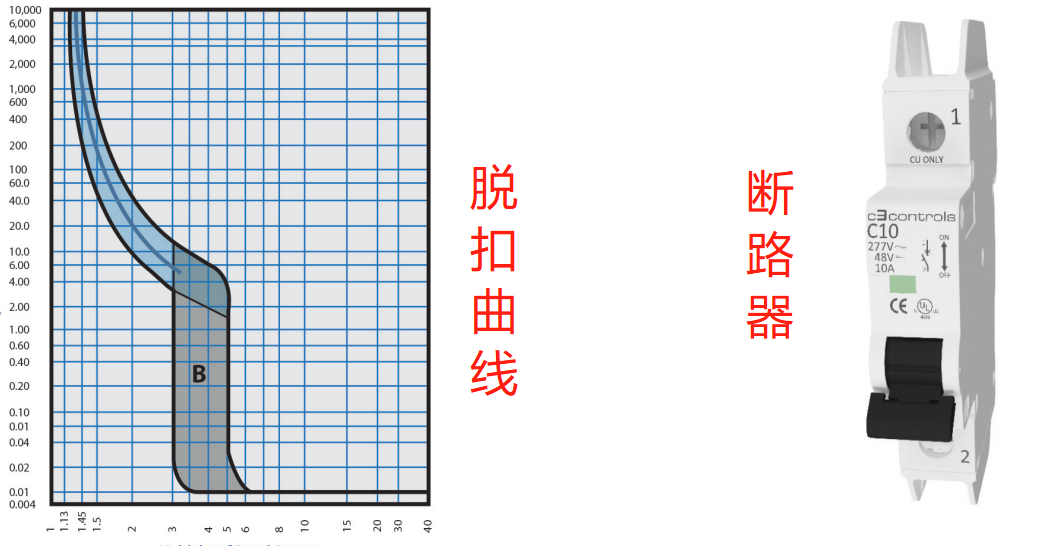What is the circuit breaker trip curve- Weikewei - Professional FAE guidance, more secure and guaranteed
What is the circuit breaker trip curve?
58彩票In short, the trip curve is a graphical representation of the expected behavior of circuit protection equipment. There are various forms of circuit protection devices, including fuses, miniature circuit breakers, molded case circuit breakers, auxiliary protectors, motor protection circuit breakers, overload relays, electronic fuses, and air circuit breakers.

58彩票The trip curve plots the interruption time of overcurrent equipment based on the given current level. They are manufactured by circuit protection equipment manufacturers to help users choose equipment and performance that can provide appropriate device protection while avoiding annoying misoperations.
58彩票Different types of trip curves, three common trip curves
| B curve | C curve | D curve |
| 3-5In short circuit tripping | 5-10 Short circuit tripping | 10-20 short circuit trip |
| Suitable for resistive loads | Suitable for medium current and inductive loads | Suitable for high current and capacitive loads |
| Typical applications: lighting, control circuits, wires and cables | Typical applications:Control panel, lighting, coils | Typical applications:Motor, transformer |
| Standard: UL1077 | UL 489, UL 1077 | UL 489, UL 1077 |
Why do we need different travel curves?
The tripping speed of the circuit breaker must be fast enough to avoid equipment or wiring faults, but the tripping speed cannot be too fast, otherwise it may cause misoperation or annoying misoperation. To avoid misoperation, the size of the circuit breaker must be appropriate to compensate for surge currents. NEMA defines transient peak surge as an immediate instantaneous current transient (within half an AC cycle) with contact closure.
The products provided by Weikewei can reduce your product volume by 40%, with precise current grading up to 1A, and protection time that better meets load and equipment requirements断路器The fuse products have complete independent property rights. Domestic design, assembly, and production to ensure the localization requirements of products and equipment. Help you choose the most suitable circuit protection product from a wide range of products to protect you and your equipment.